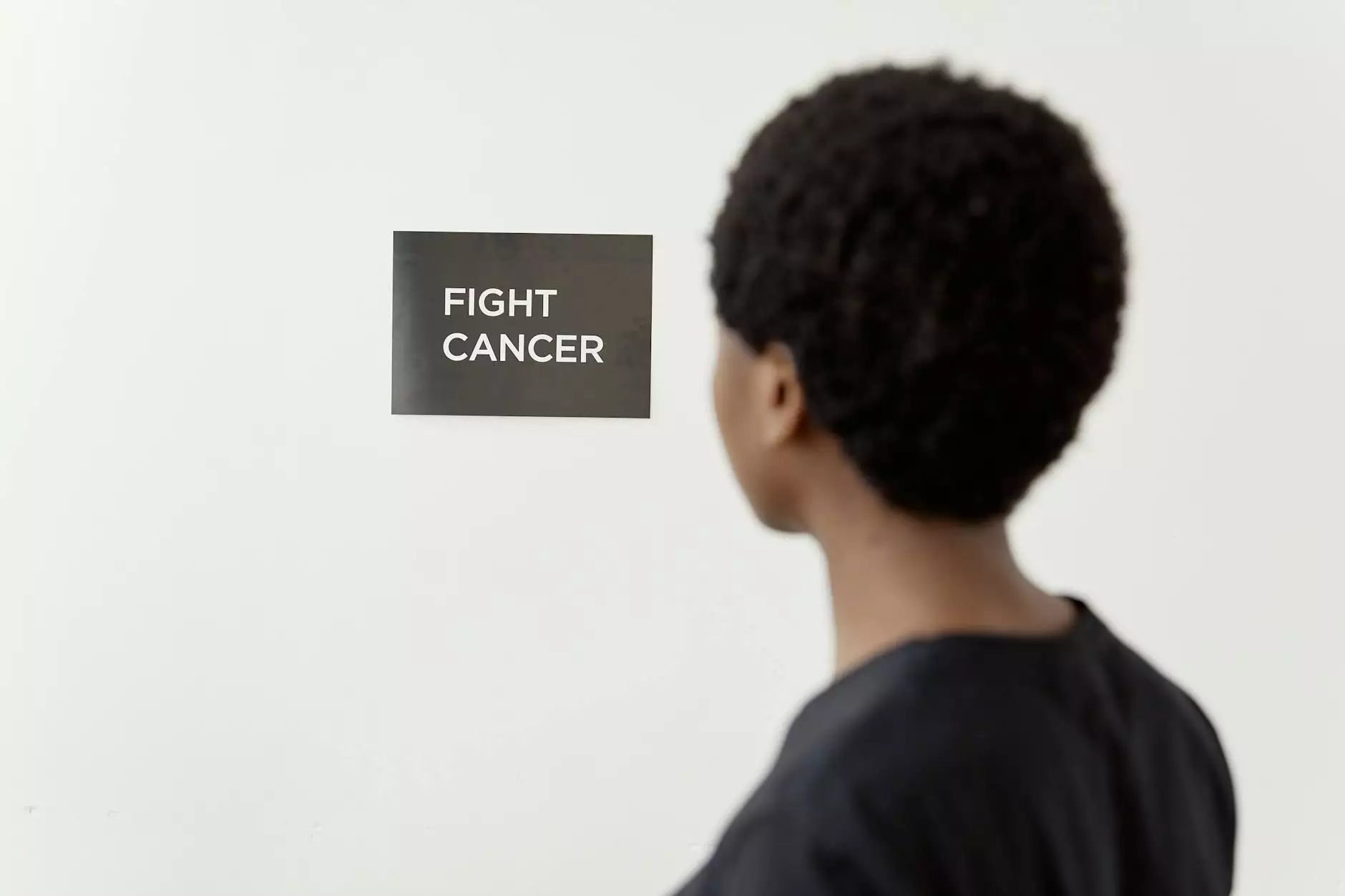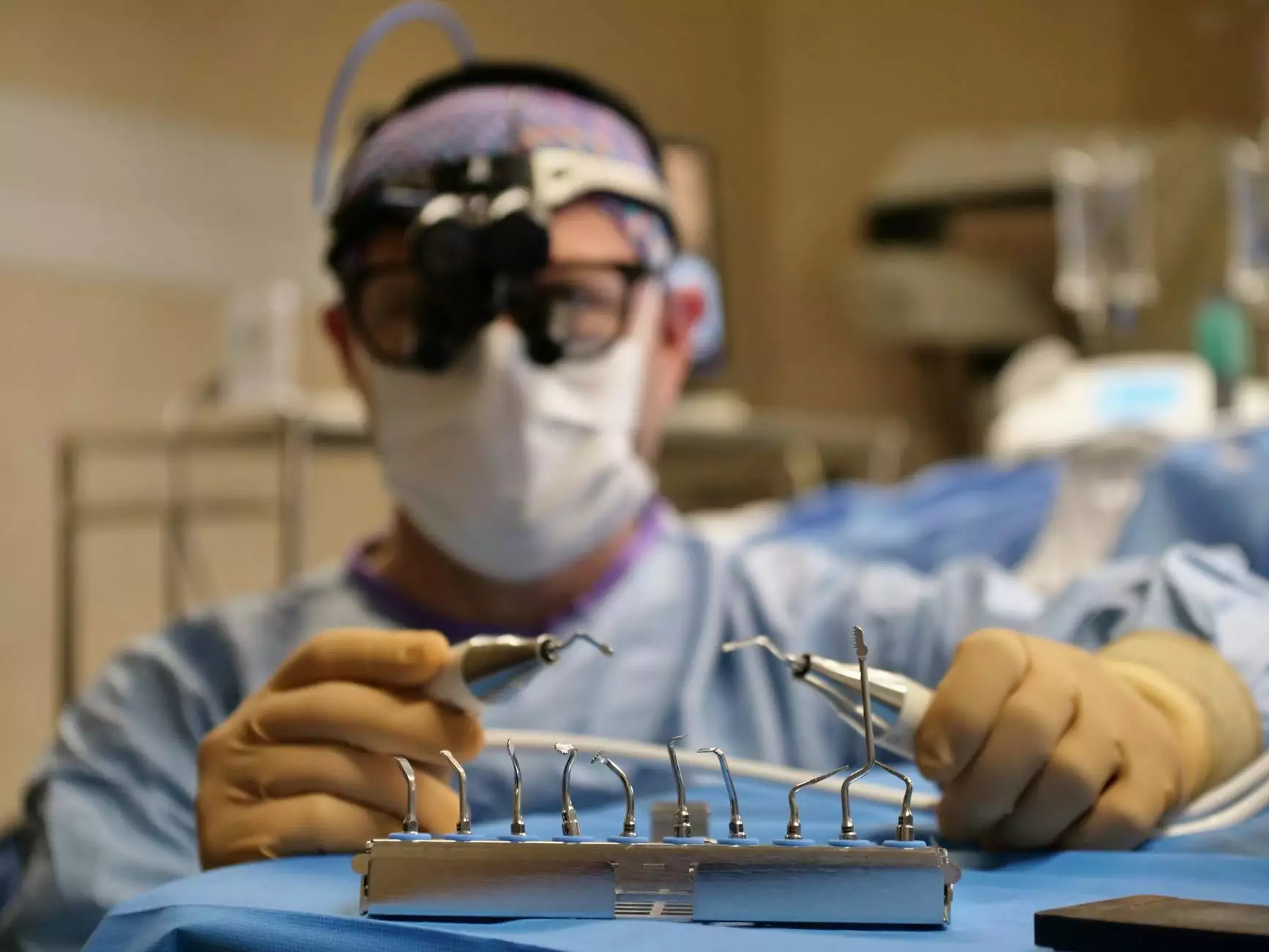Comprehensive Guide to Oncology Clinics: Advancements and Insights

In recent years, oncology clinics have evolved significantly, playing a critical role in the early diagnosis, treatment, and management of cancer. Understanding the services offered by these specialized facilities is essential for patients and families navigating their cancer journey. With cutting-edge technology, personalized care, and a multidisciplinary approach, oncology clinics are at the forefront of cancer treatment.
Understanding the Role of Oncology Clinics
An oncology clinic is a medical facility that focuses specifically on the prevention, diagnosis, treatment, and management of cancer. These clinics house a team of dedicated professionals, including oncologists, nurses, social workers, and support staff, who collaborate to provide comprehensive care to patients. The aim is to offer not just treatment, but also psychological support and lifestyle management to enhance the quality of life for cancer patients.
Types of Oncology Clinics
Oncology clinics can be categorized into several types, each specializing in different aspects of cancer care:
- Medical Oncology Clinics: Focus on the treatment of cancer using medication, including chemotherapy, hormonal therapy, and targeted therapy.
- Radiation Oncology Clinics: Specialize in using radiation therapy to treat cancer, crucial for shrinking tumors and reducing symptoms.
- Surgical Oncology Clinics: Provide surgical intervention for cancer treatment, including the removal of tumors and surrounding tissues.
- Pediatric Oncology Clinics: Specialized in treating cancer in children, offering age-appropriate treatment and support services.
- Gynecological Oncology Clinics: Focus on cancers related to the female reproductive system, providing specialized care for women.
Advancements in Oncology Treatments
Oncology clinics are constantly integrating the latest advancements in cancer treatment, ensuring that patients have access to the most effective therapies available. Below are some key advancements that have transformed cancer treatment:
Precision Medicine
Precision medicine has revolutionized the way oncologists approach cancer treatment. By analyzing a patient’s unique genetic makeup, oncologists can tailor treatment plans that are more effective and minimize adverse side effects. This personalized approach ensures that therapies target the specific characteristics of each patient's tumor.
Immunotherapy
Immunotherapy is a groundbreaking technique that harnesses the body's own immune system to fight cancer. By stimulating the immune response, immunotherapy can help the body recognize and destroy cancer cells more efficiently. Oncology clinics are increasingly offering immunotherapy options as a viable alternative to traditional treatments.
Targeted Therapy
Targeted therapy focuses on specific molecular targets associated with cancer. Unlike traditional chemotherapy, which attacks all rapidly dividing cells, targeted therapy aims to block the growth of cancer cells while sparing normal cells, reducing side effects and improving patient outcomes. Oncology clinics utilize these therapies based on genetic testing of tumors.
Patient-Centered Care in Oncology Clinics
Effective care in oncology clinics extends beyond medical treatment; it involves a holistic approach to healing that considers the emotional, psychological, and social aspects of a patient's experience. Here are some essential components of patient-centered care in oncology:
Emotional Support and Counseling
Receiving a cancer diagnosis can be overwhelming. Oncology clinics often provide access to support services, such as counseling, support groups, and resource centers, to help patients cope with the emotional challenges of cancer treatment. This aspect of care is crucial in helping patients maintain a positive mindset throughout their journey.
Care Coordination
Oncology clinics employ a team-based approach to care coordination. This involves a network of healthcare professionals working together to ensure that patients receive comprehensive and integrated care. From treatment schedules to follow-up appointments, care coordinators play a vital role in managing a patient's journey through treatment.
Education and Resources
Education is a key component of patient empowerment. Oncology clinics provide materials and resources that inform patients about their diagnosis, treatment options, and potential side effects. Knowledgeable staff are available to answer questions, demystifying the treatment process, and fostering a sense of agency in patients.
Choosing the Right Oncology Clinic
When faced with a cancer diagnosis, choosing the right oncology clinic is paramount. Here are some factors to consider:
Accreditation and Credentials
Ensure the clinic is accredited by recognized organizations, such as the American College of Surgeons' Commission on Cancer or the National Cancer Institute. Additionally, check the credentials of the oncologists and their experience in managing specific types of cancer.
Treatment Options
Evaluate the range of treatment options available at the clinic. A facility offering the latest therapies, including clinical trials, may provide access to cutting-edge treatments that can potentially improve outcomes.
Patient Experiences
Research patient reviews and testimonials. Insights from former patients can give prospective patients a clear understanding of the level of care, support, and comfort they can expect at the clinic.
Accessibility and Convenience
Consider the location, scheduling flexibility, and availability of support services. Access to a nearby oncology clinic can significantly reduce the burden on patients and their families during treatment.
Future of Oncology Clinics: Trends and Predictions
The future of oncology clinics looks promising, with several trends anticipated to shape cancer care:
Integration of Technology
Technology is expected to play an even larger role in oncology clinics, with the integration of telehealth services, artificial intelligence for better diagnosis, and data analytics to improve treatment outcomes. This evolution will enhance patient engagement and allow for more efficient care delivery.
Focus on Survivorship Programs
As the number of cancer survivors increases, oncology clinics will likely place greater emphasis on survivorship care. Programs that address ongoing health, psychological support, and lifestyle changes will become integral in helping patients maintain their wellbeing post-treatment.
Collaborative Care Models
Future oncology clinics may adopt more collaborative care models, where oncologists work closely with primary care physicians, nutritionists, and mental health professionals. This comprehensive approach ensures that all aspects of a patient's health are addressed, ultimately leading to better outcomes.
Conclusion
Oncology clinics play a pivotal role in the cancer care continuum, integrating medical advancements with compassionate support. As the landscape of cancer treatment evolves, these clinics remain a beacon of hope, providing cutting-edge therapies and comprehensive care tailored to each patient's needs. By focusing on both the medical and emotional aspects of treatment, oncology clinics aim to improve outcomes and enhance the quality of life for patients battling cancer.
For more information, visit oncologicalsurgery.net, your trusted source for understanding and navigating the complexities of cancer treatment.









